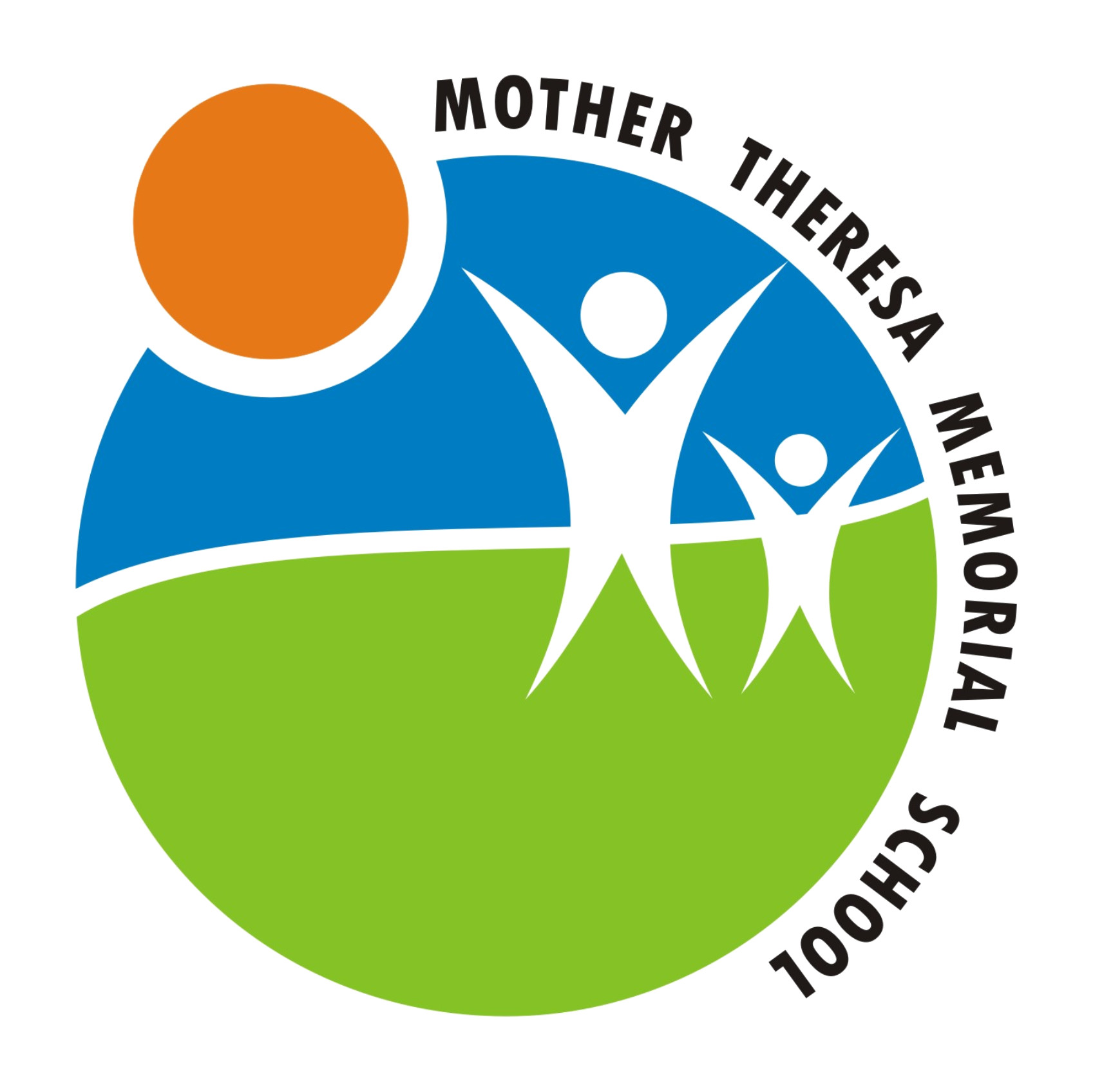Early childhood care and education (ECCE) refers to the education and care provided to children from birth to about eight years old. It is a comprehensive approach that focuses on the holistic development of the child, encompassing their physical, emotional, social, and cognitive growth.
ECCE programs are designed to meet the specific needs of young children, taking into account their unique characteristics and developmental stages. They provide opportunities for children to engage in play-based learning, where they can explore, experiment, and discover the world around them in a safe and nurturing environment. The programs are also designed to foster children’s social skills, such as communication, cooperation, and empathy, through interactions with peers and adults.
ECCE is a critical stage in a child’s life as it lays the foundation for their future development and success. It is during this stage that children develop their sense of self, learn to interact with others, and acquire the fundamental skills necessary for academic and life success. ECCE programs also help children develop early literacy and numeracy skills, and prepare them for formal schooling..Some of the key components of quality ECCE programs include well-trained and qualified educators, small class sizes, age-appropriate curriculum, and access to a range of resources and materials. Effective ECCE programs also involve families and communities in the learning process, and promote parent-child interaction and engagement.
Goals of Early Childhood Care and Education (ECCE)
To promote the holistic development of young children, including their cognitive, social, emotional, and physical development. Specifically, the goals of ECCE include:- Supporting the child’s physical and motor development: ECCE programs aim to develop children’s fine and gross motor skills, including coordination, balance, and body control.
- Developing the child’s cognitive and language skills: ECCE programs aim to support children’s language, literacy, numeracy, and problem-solving skills, as well as their abilities to think creatively and critically
- Enhancing the child’s social and emotional development: ECCE programs aim to support children’s development of social and emotional competencies, including self-awareness, self-regulation, empathy, and communication skills.
- Fostering the child’s curiosity and love of learning: ECCE programs aim to promote children’s natural curiosity and love of learning, helping them to develop a lifelong desire to explore and discover.
- Supporting the child’s cultural identity and diversity: ECCE programs aim to celebrate and respect the cultural diversity of young children and their families, helping children to develop positive attitudes towards diversity and to feel valued and included.
- Encouraging parent and family involvement: ECCE programs aim to involve parents and families in their children’s learning and development, recognizing that family involvement is critical to children’s success in early childhood and beyond.









Leave a Reply